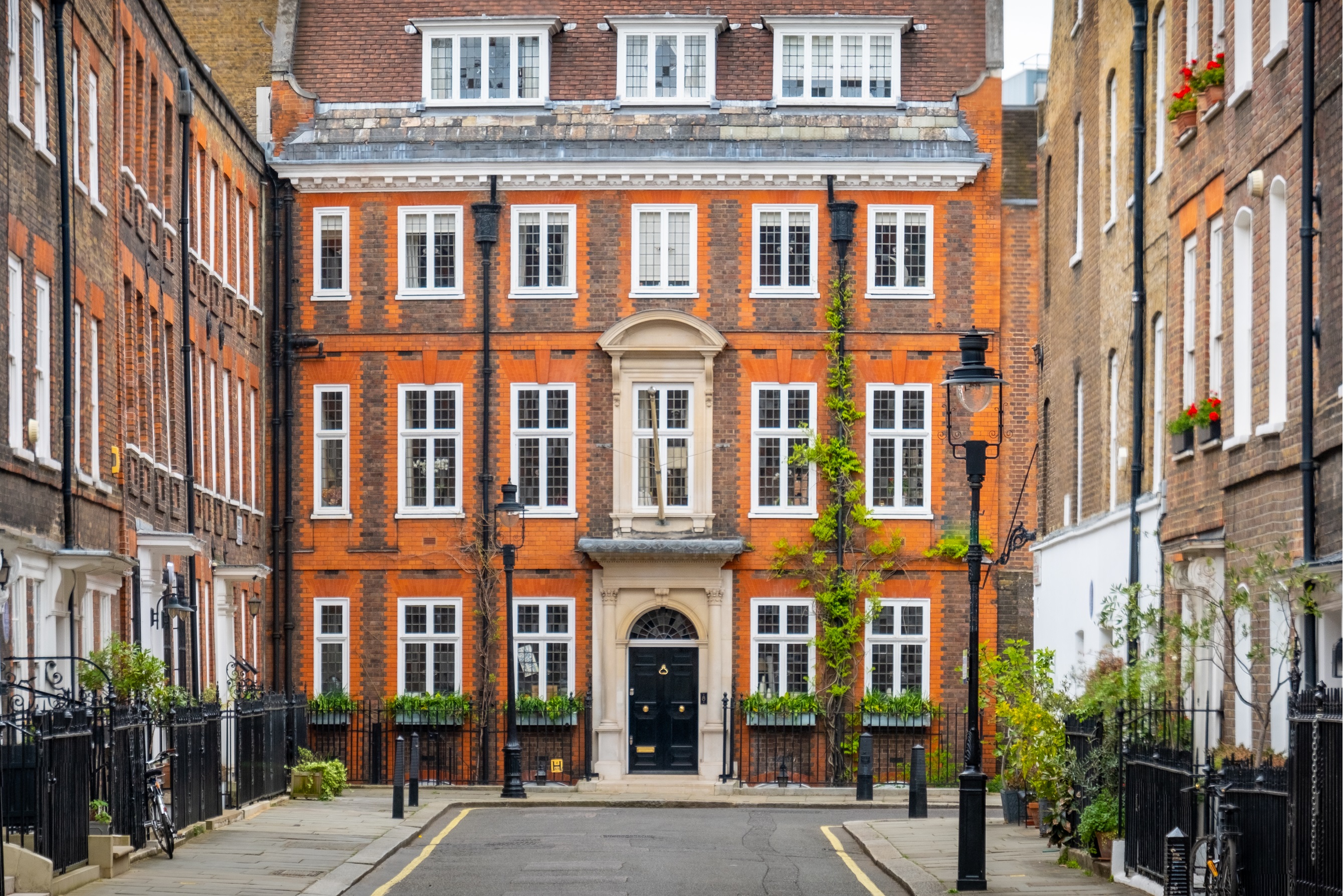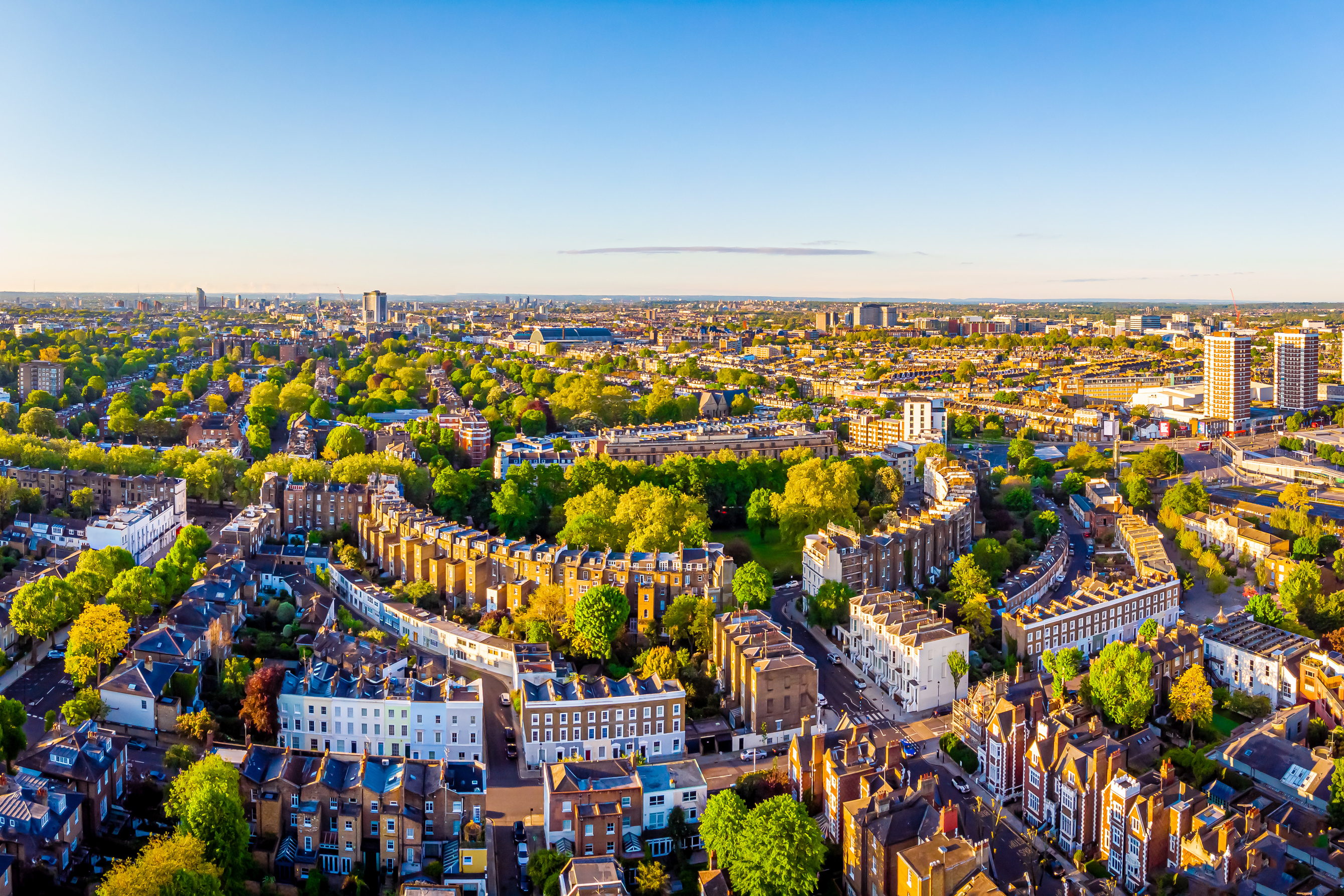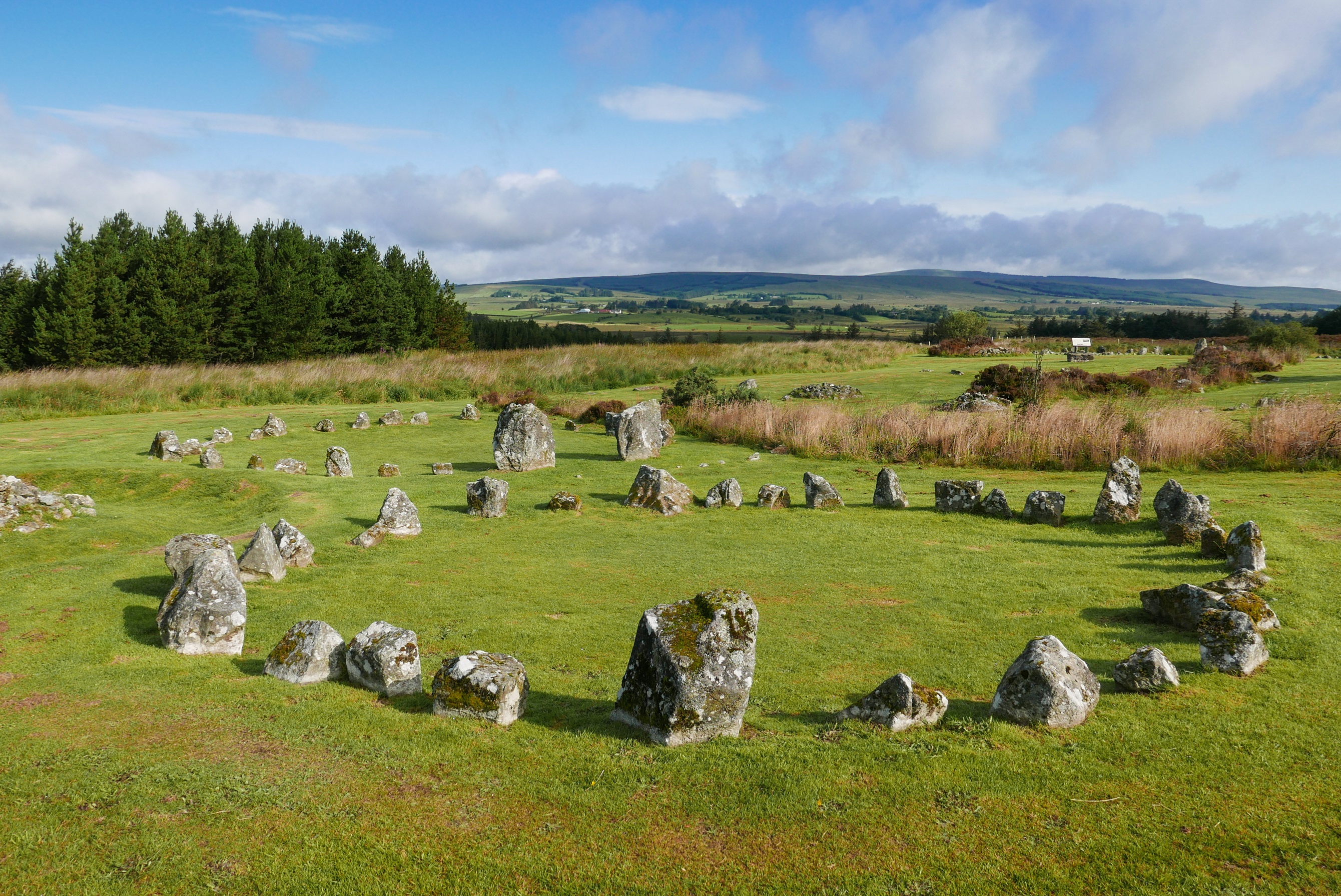1 Kelsey Park Road - Beckenham - Kent BR3 6LH
T: 020 8663 1964
Park Lane, Mayfair Office T: 020 7079 1559
info@charleseden.co.uk
Top Tips to Buy Land and Build Your Dream Home
Are you dreaming of building your own home? Buying land and building a property on it is a dream many people share. But what about the logistics? Buying land and building your own house is uncharted territory for most people.
David Davies of David Davies Estate Agents has seen this process happen time and time again. With almost thirty years of estate agency experience, David has seen many people build their dream homes on land that they’ve bought for that purpose. He’s seen where things can go wrong, and all of the ways that a buyer can prevent these things from happening. Read on for David’s do’s and don’ts for building your own property.
Q: So you want to buy land to build a home. What should you be looking for in the land? Are there any red flags to watch out for?
A: Firstly, when looking to buy land to build your dream home, carefully consider the land’s location, size, and surroundings. This includes whether the property would be an appropriate size or style that will fit with the neighbours, which will become an important factor when you apply for planning approval.
Q: Is it feasible to demolish an existing property on land that you’ve purchased?
A: Always do a land registry search. It’s a small cost to pay, but can tell you a lot about the land you’re considering. The search will be able to tell if the property is registered. If it was built before 1982, it may not be registered, and unregistered land can take time to get papers in order, especially if you’re relying on old deeds, when it may be very difficult to prove title.
If you’re demolishing a property, you will certainly need an asbestos survey. You can’t just knock a property with asbestos down, and removing asbestos can be a costly job. You’ll also need a bat survey, which usually entails an initial survey and often a ‘dawn and dusk emergence survey’. Before building, you’ll need a geotechnical survey, as without this unexpected building costs can arise, which can add thousands of pounds to your build cost.
Q: You’ve bought the land, and now want to go ahead with the build. What kind of permissions do you need, and how will this affect the time frame of building your house?
A: Step back a little. Before exchanging contracts, it’s essential to put a preliminary enquiry into the planning department. This is called a pre-application. You will need to get an opinion from the local planning department, to see if they will grant full approval to build. You can prepare and submit this yourself, as long as you can sketch a rough idea of your design. The cost of doing this is currently £140, so it’s not a large risk, but if you buy first and don’t get approval, it could be a costly mistake.
Q: What happens after you’ve applied for permission?
A: Subject to the above, you now own the land. You then need to employ an architect or an architectural designer to save money. They will discuss your design requirements, and be warned, architects can charge up to 10% of the property’s build cost, though designers will cost less. Visit the RIBA website to find a list of local firms.
Q: What else should I be aware of?
A: Definitely think about utilities (gas, electricity, main drains, etc.). All these things will add to your total costings. A tip here is to get your solicitor to do a ‘multi search’, which doesn’t provide all the locations of various utilities, but will help you through the process of dealing with the public companies.
Q: What about trees?
A: Check and see if there are any trees preventing your build, and if so, if there are any tree protection orders. Speak to the councils’ tree specialist; they are free, knowledgeable and usually very helpful. You may need to employ a professional tree surgeon, especially if the land is heavily planted. Try to find land that’s not too overgrown.
On another note, make sure that there’s no Japanese knot weed on the land. I’ve seen clients struggle terribly with eradicating it, and it would put me off the land completely unless the seller has it removed by a specialist, who can provide an insurance-backed guarantee that it has been successfully eradicated.
Contact your local Guild Member to find out about land for sale in your area. They will be able to guide you through the buying process, too.





